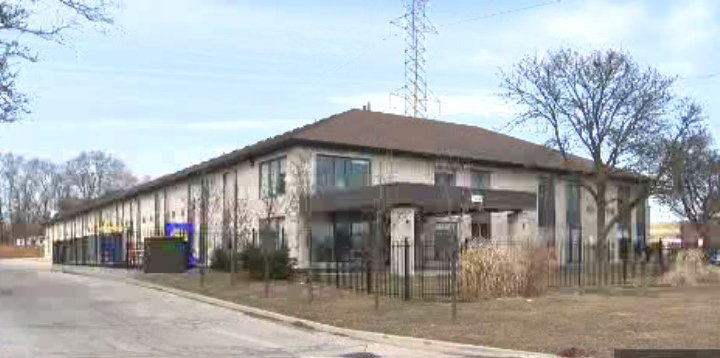Uber Canada says consumers will be shouldering cost increases and restaurants could suffer in response to B.C.’s announcement on Wednesday.
B.C. announced that ride-hailing and food delivery app workers will soon be covered under new measures and compensations, which will come into effect on Sept. 3.
The new regulations will set a minimum wage for “engaged time” along with a 35 to 45-cent per-kilometre vehicle allowance to compensate workers for expenses.
The minimum wage of $20.88 will apply to periods when a worker has accepted an assignment and not to downtime between jobs.
Workers will also be receiving 100 per cent of customers’ tips.
“With the inclusion of an incredibly expensive expense rate, the B.C. government is driving up costs for residents and reducing demand for local restaurants and earning opportunities for workers,” an Uber Canada spokesperson said in an email.
“A rideshare expense rate that is over 50 per cent higher than the comparable rate in California is unreasonable and we encourage the government to reconsider the consequences for British Columbians who rely on rideshare and delivery.”
B.C. Premier David Eby fired back on Thursday.
“These companies can complain about it, but it’s not going to change and they have to pay their employees,” Eby told Global News. “British Columbians don’t want a scenario where their food is delivered on the backs of someone, who is looking at homelessness and using a food bank to subsidize the delivery charge. These companies can suck it up.”
Uber did not say how much costs will increase for consumers in September. It will be reviewing the final regulations “closely.”
Breaking news from Canada and around the world
sent to your email, as it happens.
Global News spoke with DoorDash Canada’s head of policy Brain Kaufmann. He echoed some of Uber’s messaging.
He also said DoorDash is supportive of a lot of the measures taken but there “is potential for increased cost to consumers.”
“There could be unintended consequences that we outlined to the government. There is potential for increased costs to consumers and that could lead to decreased orders for small businesses across the province,” he said.
At the same time, Unifor, the country’s largest private-sector union, said B.C.’s changes are leading the way to enshrine the basic rights of gig workers.
Unifor western regional director Gavin McGarrigle said in a statement that gig workers are some of the most exploited and under-represented workers in B.C.’s economy.
Unifor said gig workers also deserve unique legal tools to form their own unions.
It says unionizing can be a struggle because of the lack of transparency around these types of companies’ total local workforce.
Union votes are triggered in B.C. after 45 per cent of a certifiable group signs a union card.
“However, without accurate knowledge of the threshold, the organizing efforts are more likely to fail or stall. Unifor has lobbied for employers to be forced to provide a payroll list after 20 per cent of workers sign union cards,” the union said.
— With files from Canadian Press, Simon Little
© 2024 Global News, a division of Corus Entertainment Inc.




